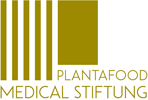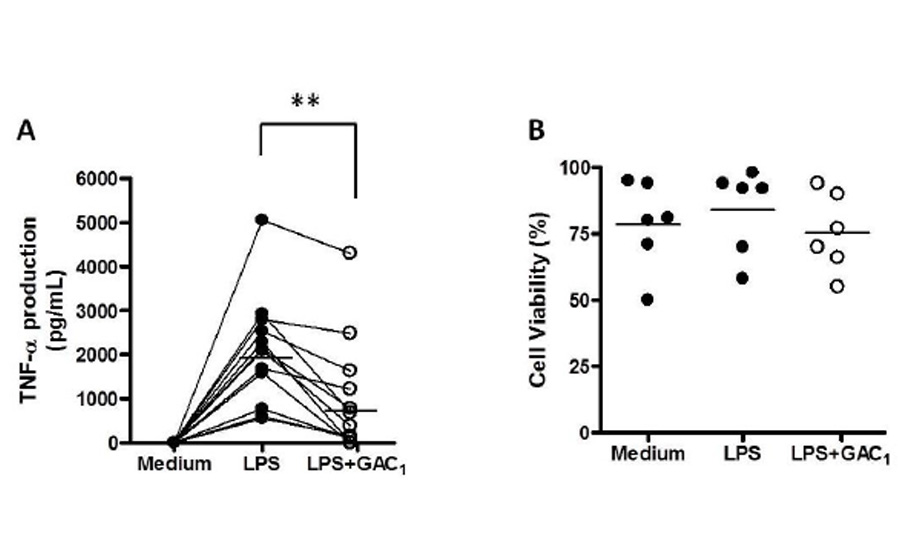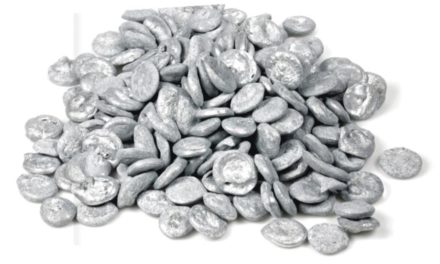Anti-inflammatory Effects of Ganoderma Lucidum Triterpenoid in Human Crohn’s Disease Associated with Down-Regulation of NF-κB Signaling
Changda Liu, PhD1,*, David Dunkin, MD2,*, Joanne Lai, MD2, Ying Song, MD1, Clare Ceballos, MS2, Keith Benkov, MD2, and Xiu-Min Li, MD, MS1
1Department of Pediatrics: Jaffe Food Allergy Institute, Icahn School of Medicine at Mount Sinai, New York, NY 10029
2Department of Pediatrics: Division of Gastroenterology, Icahn School of Medicine at Mount Sinai, New York, NY 10029
Abstract
Background—Crohn’s disease (CD) is a chronic inflammatory disease of the gastrointestinal tract. Current medications have potentially serious side effects. Hence there is increasing interest in alternative therapies. We previously demonstrated the anti-inflammatory effects of FAHF-2 in-vitro on PBMCs and mucosa from CD subjects. Here we investigated the anti-inflammatory effects of a bioactive compound isolated from Ganoderma lucidum (G. lucidum), a key herbal constituent of FAHF-2, in CD in vitro.
Methods—Triterpene ganoderic acid C1 (GAC1) was isolated from G. lucidum. Stimulated RAW 264.7 macrophages were treated with GAC1. Human peripheral blood mononuclear cells (PBMCs) and colonic biopsies were obtained from children with CD and cultured with or without GAC1. TNF-α and other pro-inflammatory cytokine levels were measured in the culture supernatant. NF-κB signaling was investigated in PBMCs and colonic mucosa treated with GAC1 by In-Cell Western and western blot analysis.
Results—GAC1 decreased TNF-α production by macrophages and PBMCs from CD subjects. GAC1 significantly decreased TNF-α, IFN-γ, and IL-17A production by inflamed colonic biopsies from CD subjects. These effects were due to down-regulation of the NF-κB signaling pathway.
Conclusions—GAC1 inhibited production of TNF-α and other pro-inflammatory cytokines by PBMCs and inflamed CD colonic mucosa due to blockage of NF-κB activation. GAC1 is a key beneficial constituent in G. lucidum and the FAHF-2 formula in suppressing the inflammatory cytokines found in CD and warrants clinical investigation for the treatment of CD.
Keywords
Crohn’s disease; Triterpene; TNF-α; NF-κB; FAHF-2 (…)








